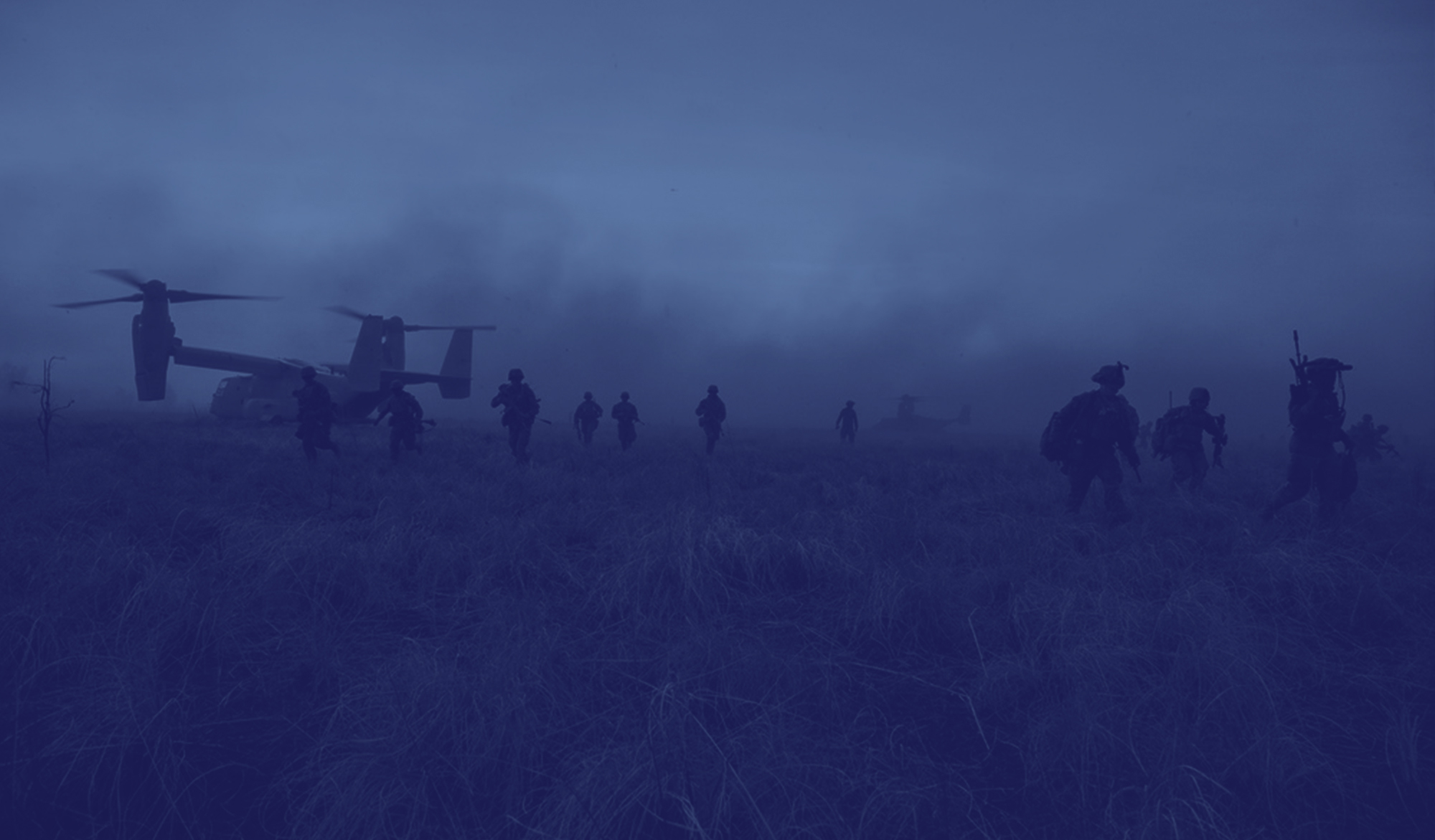April 13, 2003 By Carolyne Zinko, Pati Poblete, Chronicle Staff Writers
Inga Ferris is silent when asked how she felt seeing images of prisoner of war Pfc. Jessica Lynch on a stretcher after being rescued from an Iraqi hospital.
“Relief, fear . . . peace,” she musters.
But, above all, “disbelief” that women in the military have come so far.
Now, seeing men and women fighting side by side in Baghdad, military veteran women such as Ferris are looking back at one of the most intense experiences of their lives — serving in World War II.
Compared to women serving today, women in the armed services during World War II were relatively safe. They were stationed in the United States, far from the front lines. But they still faced the anxiety of a country at war, the uncertainty of the outcome and the sexism that came with entering a male- dominated field.
Three Bay Area women who served in the Marine Corps Women’s Reserve say it was patriotism, unity and the camaraderie that developed that helped them cope with the reality of a nation at war. And it is the bond they formed that has kept them together as members of the Women Marine Association for 60 years.
Here are a few of their stories.
CALL FOR A NEW LIFE
In February 1943, the Marine Corps — lagging behind the Army, Navy and Coast Guard — allowed women to enlist, calling them reserves. Heavy losses bolstered the decision to admit women into the military. The slogan on recruitment posters read “Free a man to fight — Join the Marines.”
For Ferris, now 81 and living in Martinez, it was also a way to free herself.
Then 22, she had been working as a supervisor at a defense plant in Portland, Ore., that ground radio crystals for the Army. But technology had replaced the need for her position. In addition, her mother was to remarry, meaning her role as her mother’s companion and caretaker was also to be replaced.
“I just wanted to leave,” said Ferris, who wrote the book “A Few Good Women,
Memoirs of a WWII Marine” ($32, Xlibris Corp.), which details her experiences as an aviation machinist in the Marines. “I felt like I was in the way, and at the same time, there was no place for me at work anymore. I saw enlisting as the answer.”
Dolores Callero, 79, of San Francisco was a secretary at the Marine Corps headquarters on Harrison Street when she decided to sign up. “Boot camp, barracks, drilling — it sounded adventurous,” she said. There was just one hitch: She wasn’t old enough. Women had to be 20 years old and have their parents’ consent, and she was still a teenager.
After her birthday, Callero was sworn in at the recruiting station, then located in the lobby of the Palace Hotel. After a trip to the East Coast for boot camp and training, she found herself back in familiar digs — reassigned to her old desk in San Francisco.
Jane Silva, 79, of Martinez lived in Ohio with four sisters and a brother during World War II. She wanted to enlist in the Women’s Army Corps, but was turned off by what she saw at the recruiting office — a woman sitting on a man’s lap, she said — and joined the Marines instead.
Silva signed up because “it was the patriotic thing to do.”
BOOT CAMP
For these three women, the Marine Reserve offered opportunities…Read rest of story here

